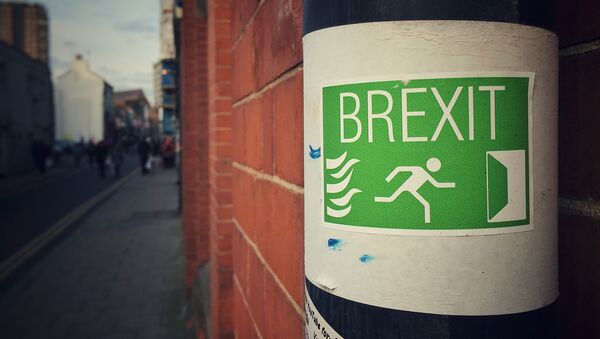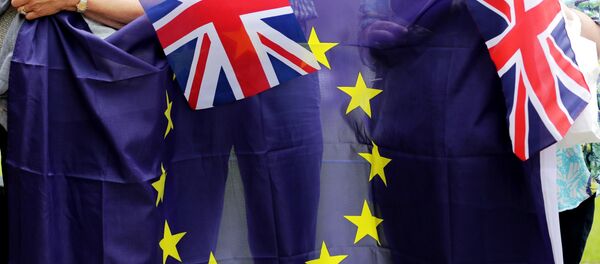"I am sure the Fed is thinking of the standard things to do if money markets become too volatile in the wake of a Brexit vote,” Schadler said. “However, I really think this is overblown.”
It would be surprising if the US federal government has anything concrete in place beyond “soothing” public statements, Schadler noted.
“Should the vote be for a Brexit, there would obviously be many trade and legal issues that would have to be addressed over time and once the parameters of the separation became clear,” Schadler added.
The latest poll by Ipsos MORI indicated that 52 percent of UK nationals support remaining within the European bloc, while 48 percent are against such a scenario.
A Populus poll said that 55 percent of respondents intended voting to stay, while the Financial Times poll tracker, which aggregates a range of surveys, showed a 2-percentage-point lead for EU membership supporters.
Brexit supporters argue that EU membership has diminished the country’s independence to legislate, direct its economy and control its borders. Opponents warn that leaving the bloc could severely harm the UK economy.


